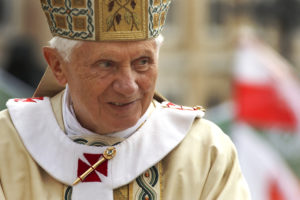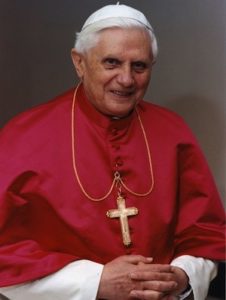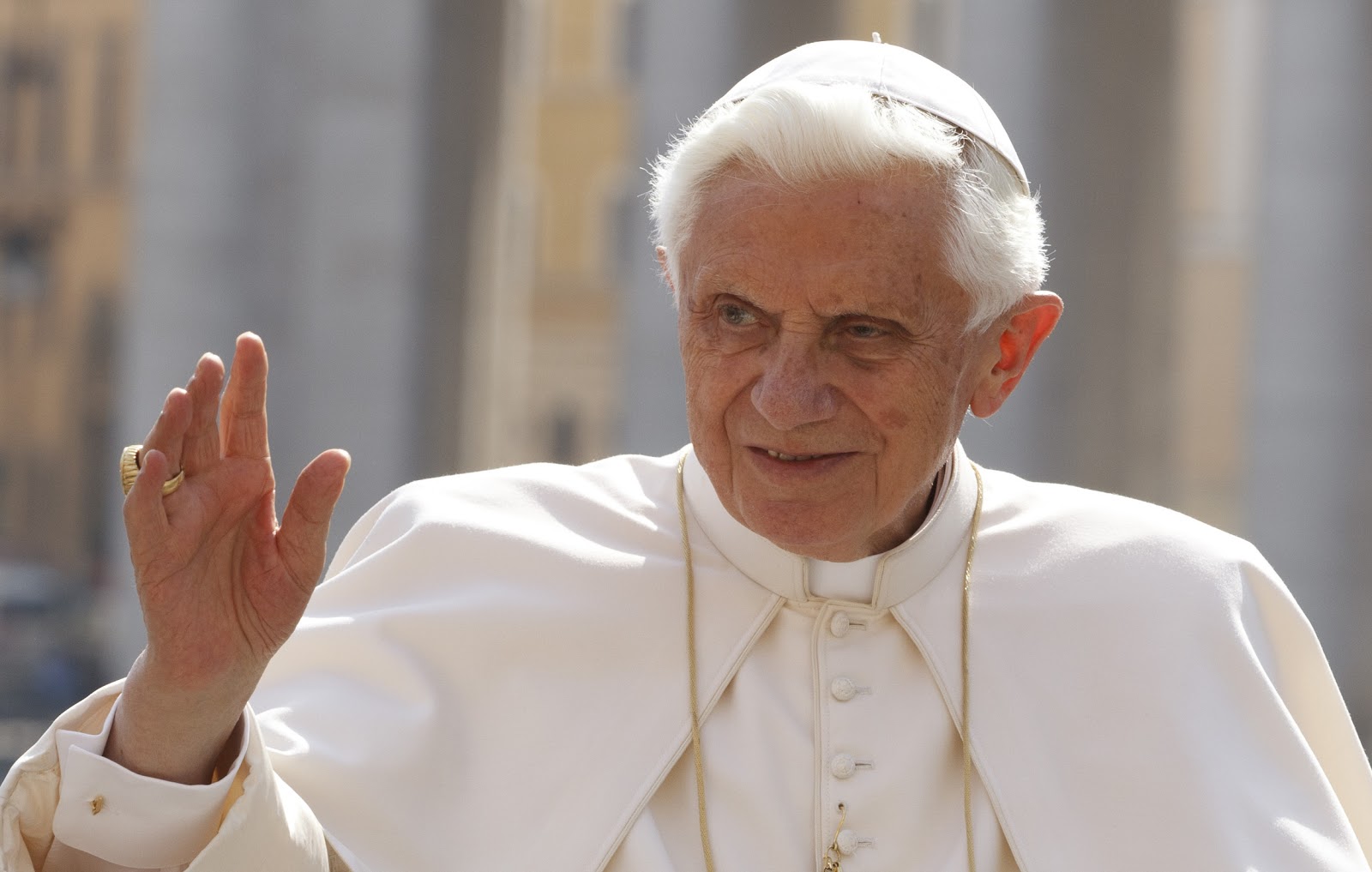(The Verge) – Across the world, there are 1.2 billion Roman Catholics, who were shocked on Monday when their leader, Pope Benedict XVI announced his resignation. This is the first time a pope has resigned in about 600 years.
This news added to the already unsettled church, which has been in the spotlight for some time regarding the sexual abuse scandals amongst Catholic officials, and has also been fraught with a declining member rate. Benedict’s announcement spurred speculation about the reason behind Benedict’s decision, and also who would replace him.
During a seemingly routine assembly regarding the possible canonization of three saints, Benedict broke the stunning news. In his address at the Vatican, delivered in Latin, Benedict voiced his declining health as the cause for this much-deliberated decision.
According to the full text account of Benedict’s speech on CNN news, “…both strength of mind and body are necessary,

strength which in the last few months, has deteriorated in me to the extent that I have had to recognize my incapacity to adequately fulfill the ministry entrusted to me.”
Benedict explained that after examining his conscience before God, he realized that he cannot properly fulfill his duties as pope, and those responsibilities will be given to his successor. This result was not a spur of the moment decision on the pope’s part, but one that has been long in the making.
In Benedict’s message he stated that his position as pope will officially end on the 28th of February. The New York Times stated, “Vatican officials said they hoped to have a new pope in place by Easter, while expressing shock at a decision that some said had been made as long as a year ago.”
Recently, Benedict, who became pope at 78 [in 2005] and is currently 85, has shown signs of his body’s age. Many were surprised to see him resign so quickly, even though he made it known that this was a possible course of action, according to the New York Times.
Although the pope cannot actually be involved in the appointment of his successor, there is little doubt that he will still have a great influence over the selection. For example, CNN reports that Benedict has appointed 67 out of the 117 total cardinals who will be making the decision. Additionally, the total may drop to 115, because two of the cardinals will turn 80 in March [the time when age makes them ineligible to vote].
Due to his appointment of such a large percentage of the current cardinals, it is believed that Benedict’s conservative beliefs may continue on with whoever is elected to succeed him. CNN stated that alongside Benedict, the Catholic Church has developed a firm stance on issues including abortion, birth control and divorce.

Benedict was the oldest pope to be elected, at age 78 and he was also the first German pope since the eleventh century, said ABC News. The last pope to resign was Pope Gregory XII, who stepped down in 1415 to end a civil war that was raging within the church, where multiple men claimed to be pope.
According to ABC news, Benedict was born named Joseph Aloisius Ratzinger at he began his studies in seminary teachings at the age of 12 in 1939. An avid writer, Benedict kept accounts in memoirs of his time enrolled in Hitler’s Nazi youth movement, against his will in 1941 [membership was required]. Benedict also served in World War II, but deserted the army at age 18. These dark experiences led Benedict to the church, as he recounted in his memoirs that God, “wanted something from me, something which could only be accomplished by becoming a priest.”
Benedict and his older brother, Georg, joined the priesthood in 1951. Three years following is ordainment, Benedict received his doctorate in theology from the University of Munich. In 1962, Benedict was selected to be an adviser to the Second Vatican Council, and in 1977 he was appointed bishop of Munich, and promoted by Pope Paul VI to cardinal just three short months later. His election as pope, following the death of John Paul II, was the shortest in 100 years, as it only took four ballots and two days, said ABC News.
In light of Benedict’s deteriorating health, his brother announced that the pope’s doctor advised him to avoid taking more transatlantic trips, reported the New York Times. “His age is weighing on him,” said Ratzinger, “At this age, my brother wants more rest.”




